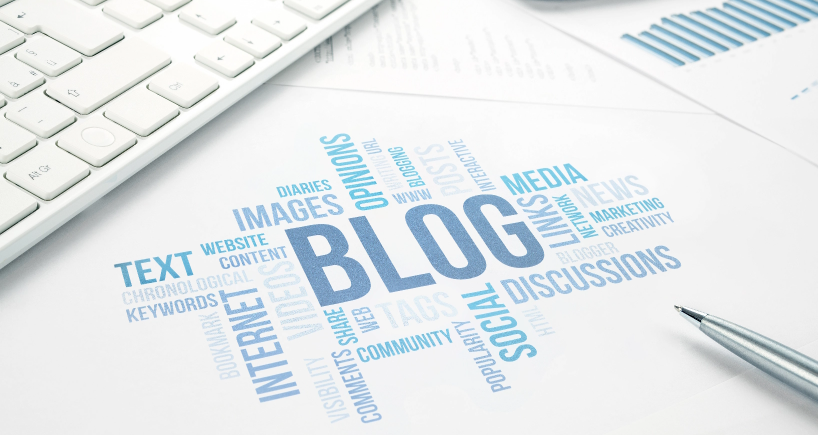
What Is Atrial Fibrillation (Afib)? Symptoms, Causes & Treatments
Heart – the non-stop engine of the human body which is liable for pumping blood and distributing oxygen and nutrients to every part. This hard worker serves blood to every cell of our body within 60 seconds. Being the central part of the circulatory system, even a small dysfunction in the heart can cause drastic changes in our body. In such a case imagine if your heart rate \ lowers or shoots up. Scary, doesn’t it? Your mind may rise up with questions like: What does it look like? What it can bring? Let’s find out.
What is Atrial Fibrillation?
Your irregular and often rapid heart rate are medically known as Atrial Fibrillation. The normal heartbeat rate is 60 to 100 beats a minute while in atrial fibrillation it varies from 100 to 175. How does this affect your body? This condition causes poor blood flow to your body. Though it isn't a life-threatening issue, sometimes it may lead to other complications like blood clots \ forming in the heart which blocks the blood flow to other organs. Atrial fibrillation may be: Occasional, Persistent or Permanent.
Symptoms of Atrial Fibrillation: Atrial fibrillation sometimes occurs in silence without any symptoms. When experienced it can be discovered by major symptoms like
- Palpitations
- Weakness
- Reduced ability to exercise
- Fatigue
- Light-headedness
- Dizziness
- Confusion
- Shortness of breath and Chest pain.
Causes of Atrial Fibrillation: While most common causes include Abnormalities or damage to the hearts structure, possible causes include
- High blood pressure
- Heart attacks
- Coronary artery disease
- Abnormal heart valves
- Congenital heart defects
- Metabolic imbalances or an overactive thyroid gland
- Exposure to stimulants like medications, tobacco, caffeine or alcohol
- Sick sinus syndrome — irregular operation of the heart's natural pacemaker
- Lung diseases
- Previous heart surgery
- Viral infections
- Stress due to surgery, pneumonia, other illnesses
- Sleep apnea
People without any heart defects or damage may suffer from Lone Atrial Fibrillation whose cause is unclear and no serious complications too.
What factors can increase the risk of having an Atrial Fibrillation? Your age, high blood pressure, other chronic conditions, drinking alcohol, obesity and family history may contribute.
Preventive measures: Almost all of us are born with a healthy heart; it’s our lifestyle changes that bring in this defect. For all the work your heart does, it demands the following to run away from Atrial Fibrillation.
- Consuming a heart-healthy diet
- Increasing physical activity
- Avoiding smoking
- Keeping a healthy weight
- Limiting or avoiding caffeine, alcohol
- Reducing stress as it causes heart rhythm problems
- Avoiding the counter medications that may trigger an increased heartbeat
Tests and Diagnosis: When you step in for a check-up, your doctor can diagnose Atrial Fibrillation with Electrocardiogram (ECG), Holter monitor, Event recorder, Echocardiogram, Blood tests and Chest X-ray.
Treatment: The severity, symptoms and length of AFib determine the best method of treatment. The cornerstones of Atrial Fibrillation treatment are
- Resetting the rhythm or controlling the rate
- Preventing blood clots
Other treatment options available are invasive procedures using catheters, lifestyle changes and medications.
Resetting the rhythm: Your doctor may restore your heart beat rate by resetting it to normal. This can be executed using a procedure called Cardioversion which purely depends on the factors causing AFib. The doctor may prescribe any one of the Cardioversions, out of two.
Electrical cardioversion: This procedure is performed under anaesthesia, and an electrical shock is applied on patches placed on the chest. This momentarily stops your heart's electrical activity thus synchronizing the heartbeat with a normal rhythm.
Cardioversion with drugs: This can be an option for people for whom medications work. Medications like anti-arrhythmics help return to normal sinus rhythm. Cardioversion cannot be executed unless heart blood clots are not removed. To ensure this, your doctor may go for blood-thinning medications or Transesophageal Echocardiography. To maintain the normal rhythm after the electrical cardioversion, doctors prescribe anti-arrhythmic medications like Dofetilide, Flecainide, Propafenone or Amiodarone and heart rate control medications.
Catheter and surgical procedures
If the above methods of cardioversion and medications don’t work, then doctors destroy the heart tissue which causes erratic electrical signals. They could go for the following options
Catheter ablation: Here the thin tubes called catheters with electrodes attached at the tip reaches your heart through blood vessels. They use radiofrequency energy, extreme heat or cold to destroy the spot.
Surgical maze procedure: This can be done during open-heart surgery, so generally claimed for patients who don't respond to other treatments.
Atrioventricular (AV) node ablation: Here the spot is destroyed by applying radiofrequency energy to the pathway connecting the upper and lower heart chambers through a catheter.
If left untreated, AFib leads to complications like Stroke and heart failure. So, treatment for AFib is the basic necessity for controlling it. To discuss the best treatment option and medication, visit Fortis Hospital, Bangalore. Our cardiologists provide the best care to ensure your heart is happy and healthy every minute.
Your heart pumped, pumps and will pump blood through-out your life without any rest, so give the attention it deserves!



















